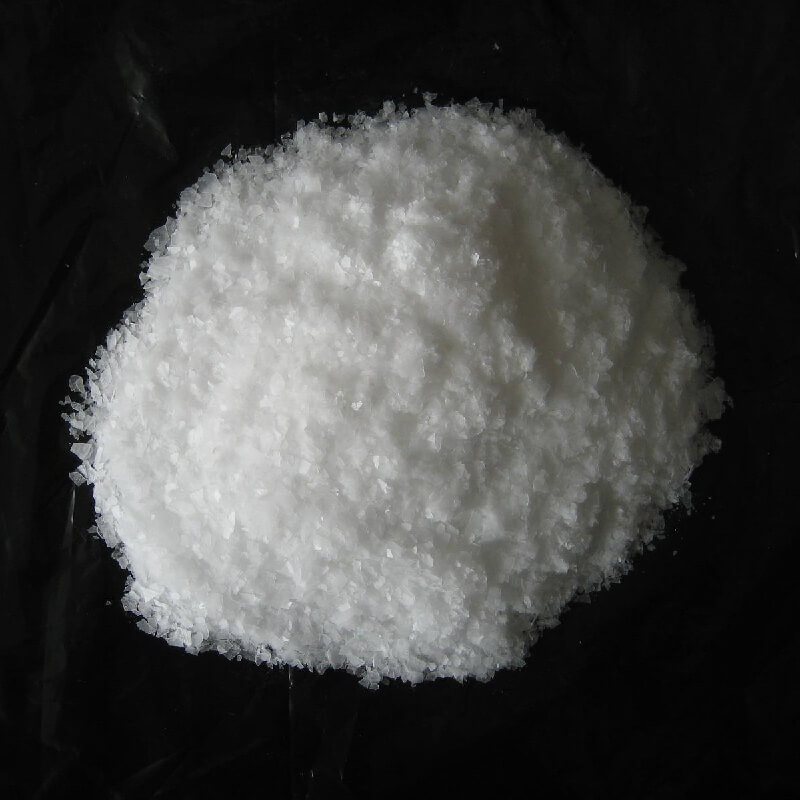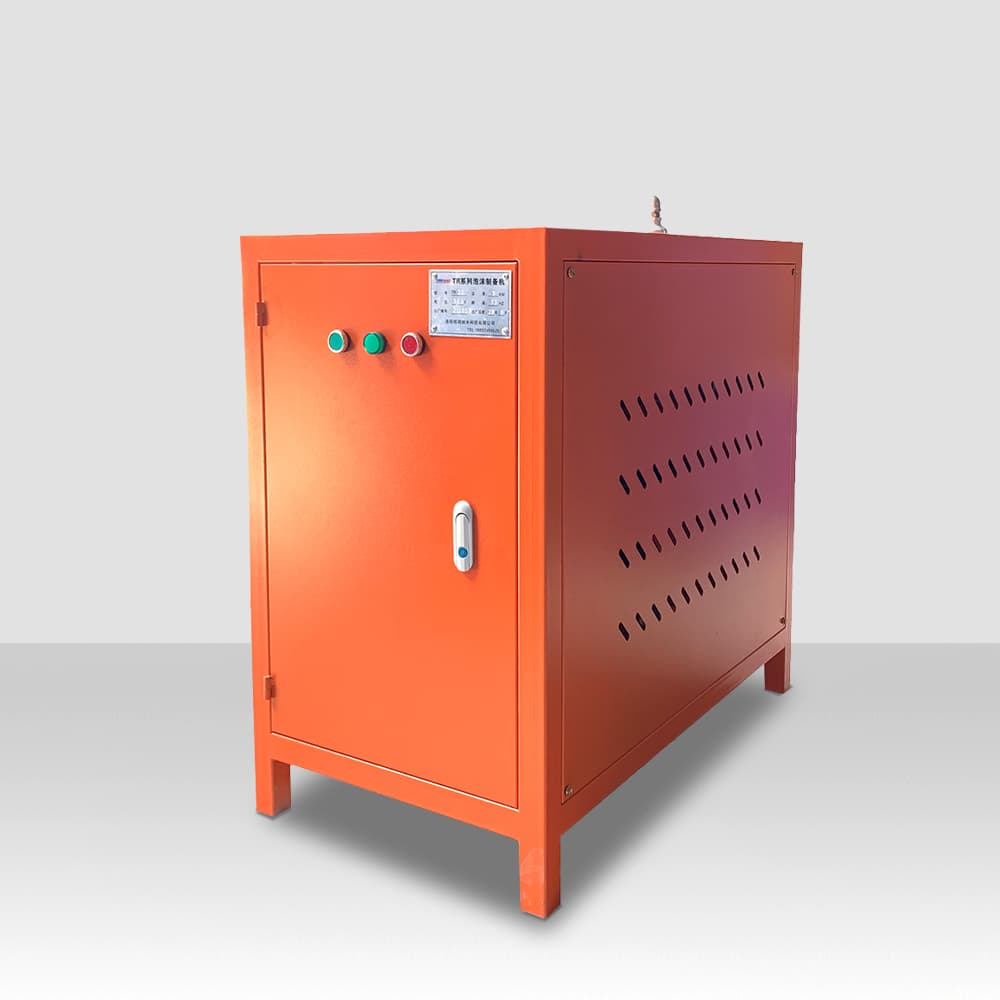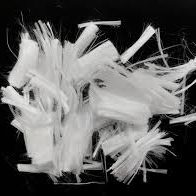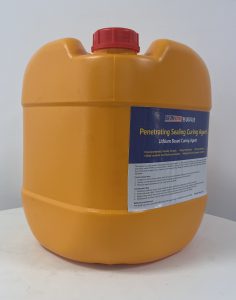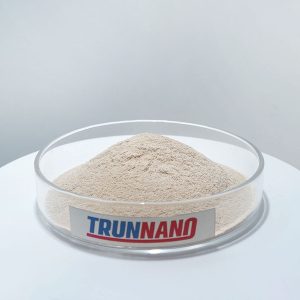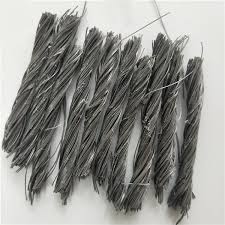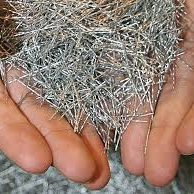Professional solutions on concrete addtives, Concrete Foaming Agent, Superplasticizer, CLC Blocks Additives, and foaming machine
(What is CLC foaming agent)
Cement foaming agent, also known as foaming concrete foaming agent, refers to an admixture that can reduce the surface tension of liquid and generate a large amount of uniform and stable foam for the production of foamed concrete. The essence of the foaming agent is its surface activity. Without surface activity, it cannot foam, and it cannot become a foaming agent. Surface activity is the core of foaming.
What foaming agents can be used in CLC foaming agents?
Vegetable cement foaming agent
The plant-based cement foaming agent uses imported high-quality natural plant polymer materials as raw materials, and is generated through a series of complex chemical reactions. The product is a light yellow, pure and transparent oily liquid. Insensitive to hard water, non-toxic, odorless, and free of sediment. The PH value is close to neutral, and it is non-corrosive to cement and metal, and does not pollute the environment.
Advantages: The foaming agent is resistant to storage, not easy to deteriorate, has excellent foaming performance, rich foam, and moderate foam stability. Using this foaming agent to make foamed cement has the characteristics of less consumption, low cost and stable quality. Each barrel of foaming agent (200kg) can produce about 500 cubic meters of foamed cement, so it is widely used in floor heating projects and In the roof insulation project, the construction cost can be significantly reduced.
Disadvantages: Because the internal pores of the foamed cement made of this foaming agent are connected, the foamed cement has good air permeability and poor permeability resistance, and cannot be used in anti-seepage projects. Compared with the foamed cement made of animal foaming agent under the same density, its thermal insulation performance and compressive strength are slightly damaged, so the application in some projects with special requirements is limited. Due to the restriction of the foam stability of the vegetable foaming agent, the thickness of the foamed cement poured at one time is generally not more than 200 mm, otherwise the surface collapse is prone to occur.
Animal-based cement foaming agent
Animal-based cement foaming agent is made of selected animal (bovine, sheep) keratin as the main raw material, through a series of hydrolysis reactions, heating to dissolve, dilution, filtration, and high temperature shrinkage. It is produced by foaming equipment and manufacturing process, and the production process is strictly controlled. It belongs to a new generation of animal-based cement foaming agent.
Advantages: Under the same density, compared with the foamed cement made of vegetable foaming agent, it has better sealing and thermal insulation, and higher strength. Due to its excellent foam stability, the thickness of the one-time poured foamed cement can reach more than 1.5 meters without collapse, so it is suitable for the production of foamed bricks, lightweight boards, and lightweight walls.
Disadvantages: Due to the complex production process, the product cost is high. The foaming property of the foaming agent is not as good as that of the vegetable foaming agent, and the consumption of foamed cement is relatively high. It has a certain irritating smell, which can disappear after it is made into foamed cement.
(What is CLC foaming agent)


